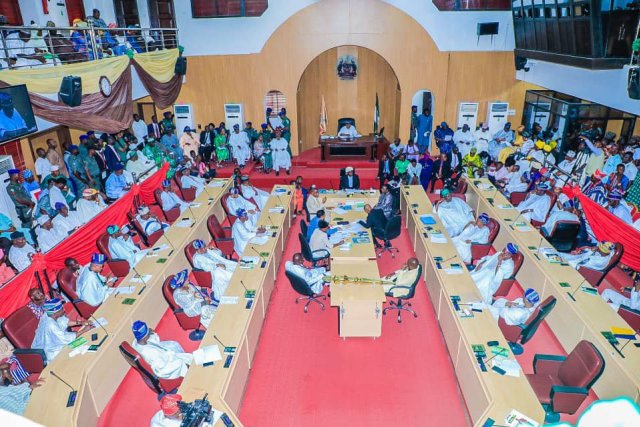New Tax ID Requirement Proposed in Nigeria to Improve Revenue Collection
In a bid to boost tax compliance and enhance revenue collection, a new bill has been proposed in Nigeria, which will require individuals engaged in banking, insurance, stock-broking, or other financial services to provide a Tax Identification Number (TIN) as a precondition for opening a new account or operating an existing one. According to the bill, this measure aims to ensure that all individuals and entities participating in financial activities are properly registered for tax purposes.
The bill, titled “A Bill for an Act to Provide for the Assessment, Collection of, and Accounting for Revenue Accruing to the Federation, Federal, States, and Local Governments; Prescribe the Powers and Functions of Tax Authorities, and for Related Matters,” is a significant step towards improving tax compliance in the country. The bill requires that any non-resident person supplying taxable goods or services to individuals in Nigeria or deriving income from the country must register for tax purposes and obtain a TIN.
However, non-resident individuals who derive only passive income from investments in Nigeria will not be required to register, although they must provide relevant information as prescribed by the relevant tax authority. The proposed legislation also empowers the relevant tax authority to automatically register and issue a TIN to individuals who should apply for one but fail to do so. In such cases, the tax authority is required to promptly notify the individual of their registration and the issuance of the TIN.
Failure to comply with these requirements may result in administrative penalties. According to the bill, a taxable person who fails to register for tax will incur a penalty of N50,000 in the first month of non-compliance, followed by N25,000 for each subsequent month. This move is intended to ensure that all individuals and entities involved in financial activities in Nigeria are subjected to tax compliance, thereby enhancing the country’s revenue collection process.



